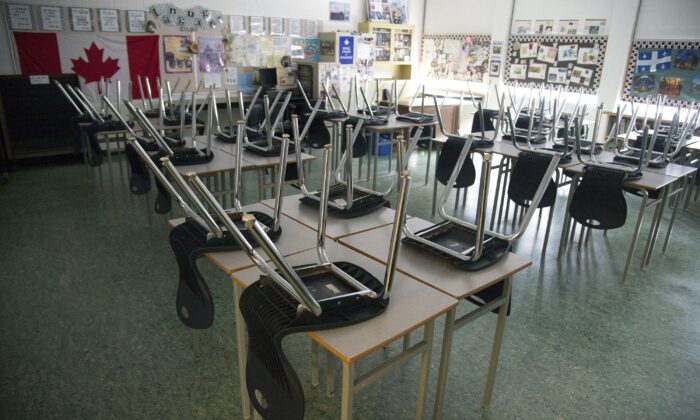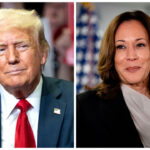A new report reveals that 70 percent of public school teachers in Australia are not optimistic about a long-term career in education, citing dissatisfaction with pay and working conditions. This sentiment is particularly strong among mid-career educators who are considering leaving the profession.
The survey conducted by the Australian Education Union (AEU) gathered responses from 8,000 teachers, principals, and support staff, highlighting several key concerns. Educators are troubled by excessive workloads, with an average of 12.4 hours of unpaid overtime per week. Additionally, issues such as escalating student behavior problems, including violence, are causing distress.
More than 80 percent of respondents expressed dissatisfaction with their salaries, arguing that their pay does not reflect the complexity of their work or align with comparable professions.
AEU Victoria President Meredith Peace criticized the 2022 enterprise agreement by the Victorian Labor government, which offered a modest 2 percent annual pay rise and reduced face-to-face teaching hours, deeming it inadequate. The dissatisfaction among teachers is part of a broader trend of protests and strikes across Australia, with significant action taken in South Australia in September 2023 when thousands of teachers went on strike, affecting over 300 public schools.
The demands of the striking teachers included a nearly 20 percent pay increase over three years, more administrative work time, and improved classroom support. While the government responded with a $1.3 billion offer, tensions persist as many teachers feel their workload and compensation concerns are not adequately addressed.
Fiona Longmuir, a researcher at Monash University, emphasized the need for increased salaries for educators to reflect the demanding nature of their work. In NSW, public schools are facing a $1.9 billion funding shortfall this year, with federal support for public schools significantly lower compared to non-government schools.
The NSW Teacher’s Federation denounced the offer as “unconscionable” and criticized the chronic underfunding of public education, which has led to class mergers, teacher shortages, and cuts to specialist programs. President Henry Rajendra urged the government to commit to sufficient funding to prevent negative consequences for students.





